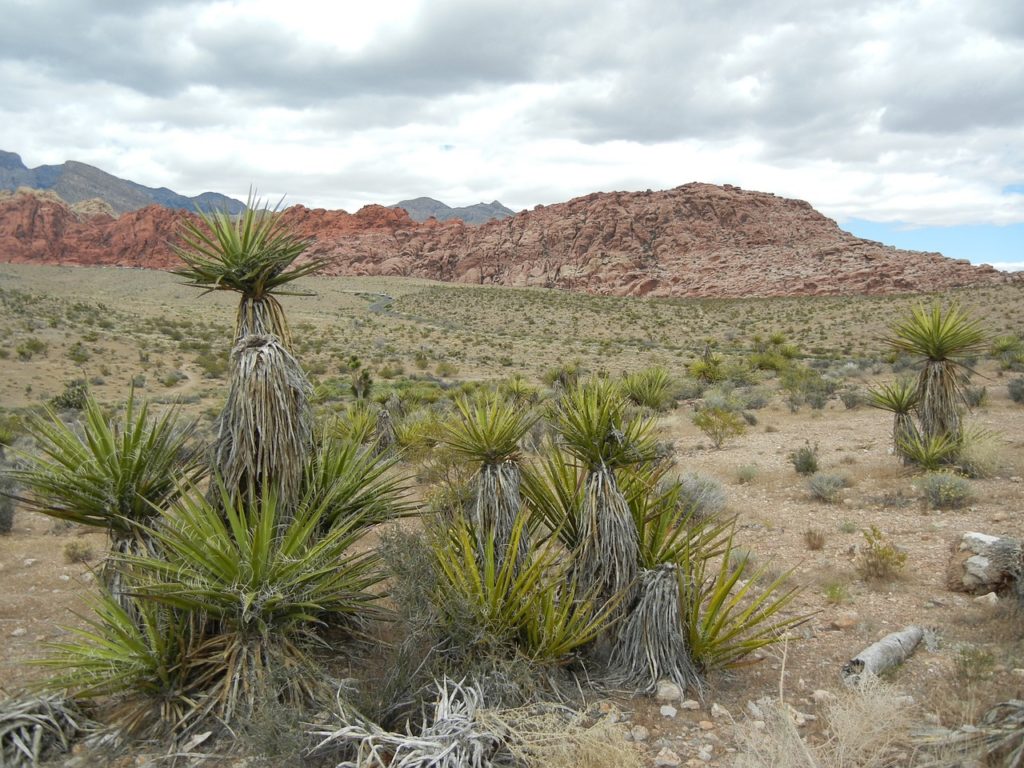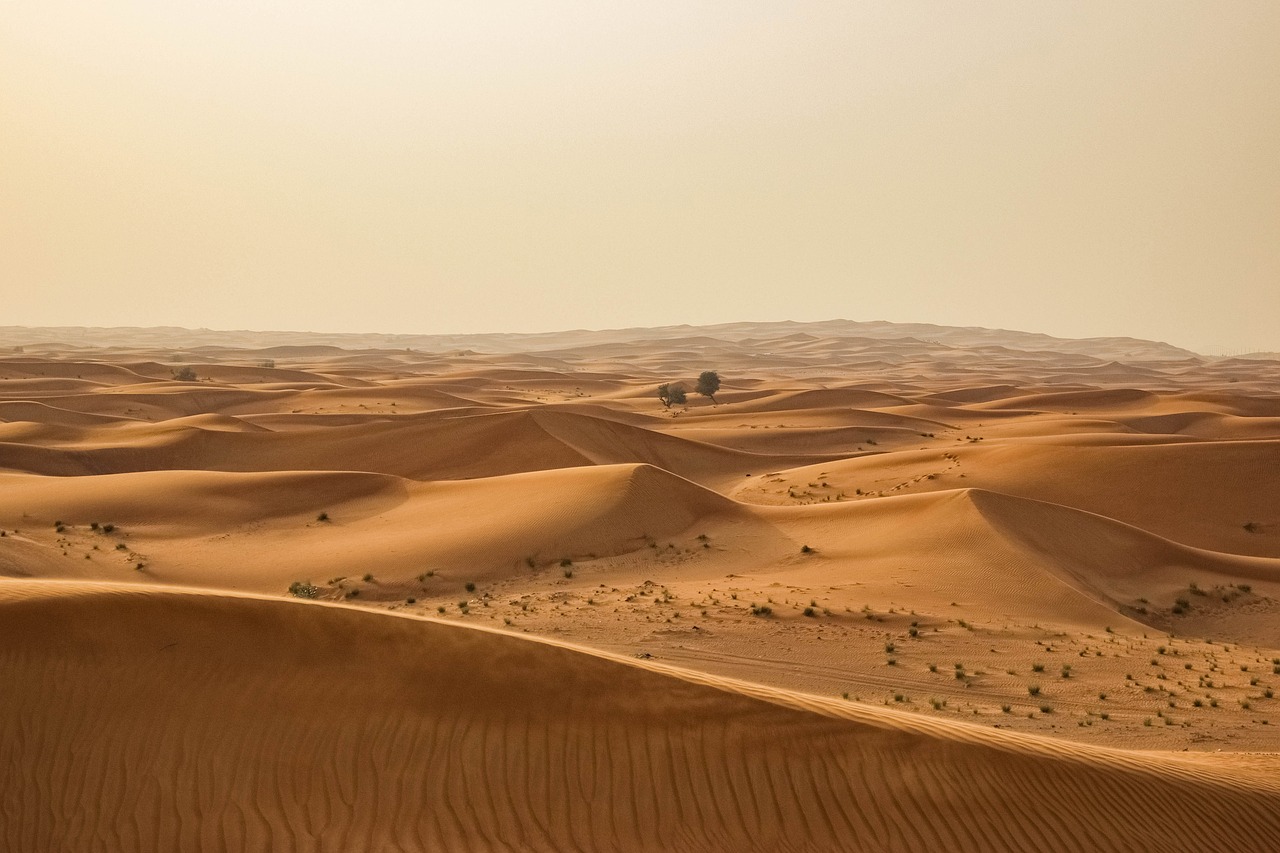A nonprofit law firm focused on defending the earth and its people, animals, and natural resources, Earthjustice has won numerous court battles since its establishment in the 1970s. These lawsuits have halted air pollution, increased protections for Arctic lands and waters, safeguarded wildlife, and promoted biodiversity, among other major accomplishments.
As the more than 100 attorneys working for Earthjustice believe, the Earth needs a good lawyer.
Victory for the Mojave Trails National Monument
On June 20, 2019, Earthjustice scored yet another victory, this time in the United States District Court for Central California. The case involved the Cadiz water-mining project, which would lead to the deterioration of natural springs within Mojave Trails National Monument.
The Earthjustice legal team represented two plaintiffs in the case: the Center for Biological Diversity and the Center for Food Safety. The court handed down its ruling following just a single day of oral argument.
The final ruling consolidated two cases into one. The first was designated as Center for Biological Diversity v. U.S. Bureau of Land Management, and the second as National Parks Conservation Association v. Ryan Zinke. (At the time of the case’s origin, Zinke was the United States Secretary of the Interior.)

An attempt to hijack public lands for private profit
The judgment issued by the US District Court agreed with the plaintiffs that the Trump administration violated the law when it approved the construction of a 43-mile-long water pipeline that was planned to wind through Mojave Trails National Monument and other publicly owned lands.
The pipeline was part of the Cadiz water project. A public company called Cadiz Inc. sought to annually pump as many as 16 billion gallons of water from a desert aquifer in a delicate ecosystem and sell it at profit to Southern California cities. Earthjustice successfully demonstrated that the government’s decision to allow this privatization of public resources for profit was both illegal and environmentally unsound.
The government’s representatives attempted to rely on a 19th century law to shoehorn the Cadiz pipeline into a railroad easement through the national monument and avoid stringent environmental review. The US District Court judge ruled that such easements are only appropriately considered if a proposed activity fulfills a purpose related to the development of railroads. However, the government failed to prove that the Cadiz pipeline aligned with such a purpose. The ruling is a major setback to the project.
The heart and soul of a desert world
The Mojave Trails National Monument encloses some of the most beautiful desert lands in the country. Its borders also enclose the longest still-undeveloped lengths of Route 66, which itself is a legendary part of American history.
The national monument’s 1.6 million acres include hundreds of thousands of acres of wilderness managed by the Bureau of Land Management and under special Congressional designation. Within the monument are breathtaking vistas of billowing sand dunes, sharp-edged mountain ranges, and petrified lava flows. Importantly, Mojave Trails National Monument serves as a bridge that connects Joshua Tree National Park and Mojave National Preserve, which also protect Southern California’s unique desert ecosystems.
Part of the reason for the national monument’s existence is the preservation of these unique landscapes, in conjunction with support for traditional native uses of the land and public recreation.
Mojave Trails National Monument also preserves human history. It holds historical significance as the site of the Desert Training Center, known as a training site for General George Patton’s troops during World War II.
A multi-faceted threat
The Cadiz project sought to exploit a large, untapped aquifer underneath the Mojave Desert. However, the federal government’s own scientists found that the Cadiz project would have created extensive environmental damage, overdrafting the aquifer by as much as 25 times the safe amount.
After the June 2019 ruling, representatives for the Center for Biological Diversity noted that, if the water-privatization project was allowed to continue, it would prove unsustainable and put the fragile ecosystems of the Mojave Desert on track for extensive and rapid deterioration. The Cadiz wells would drain life-supporting springs over a massive area, destroying native vegetation and the wildlife that depend on it.
Species that would be affected include foxes, the Mojave fringe-toed lizard, and the iconic desert tortoise. Migrating birds and frogs are among the many other species that depend on the springs as a lifeline in the dry, harsh climate.

The Earthjustice victory also amplified another major problem with the project: The Cadiz Inc. water rights in the area apply to water that has been extensively contaminated with hexavalent chromium, a heavy metal also known as chromium-6. This chemical has been shown to cause cancer in humans and was at the center of the lawsuit that brought activist Erin Brockovich to fame.
The corporate lawyers representing Cadiz Inc. argued that the chromium-6 in the water was naturally occurring. However, the water’s chromium-6 levels were measured at 16 parts per billion. This amount was well above the maximum concentration established in 2014 by the State of California (10 parts per billion), though this limit was later discarded in 2017.
Supporting justice for the natural world
The Earthjustice lawyers celebrated the Cadiz victory, noting that their work in this case strikes yet another blow against the Trump administration’s repeated attempts to roll back environmental regulations. In addition, the Cadiz project suffered another setback when California Governor Gavin Newsom signed legislation in late July 2019 that requires the project to complete a scientific study and receive approval from the State Lands Commission before it can proceed.
To read more about the case against the Cadiz water project and the other landmark legal battles that Earthjustice has won, see its website.

